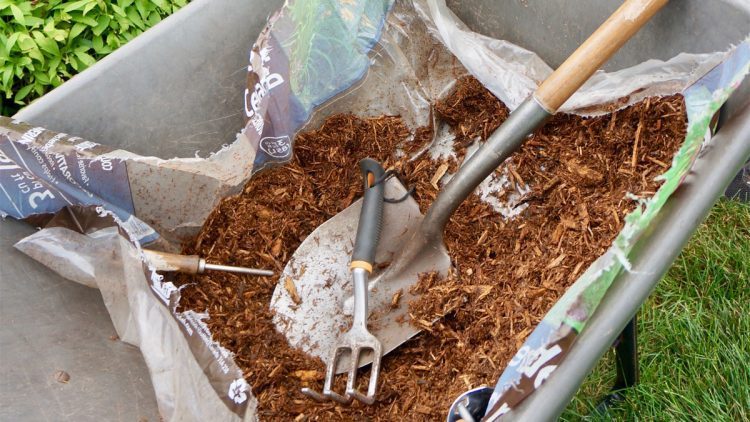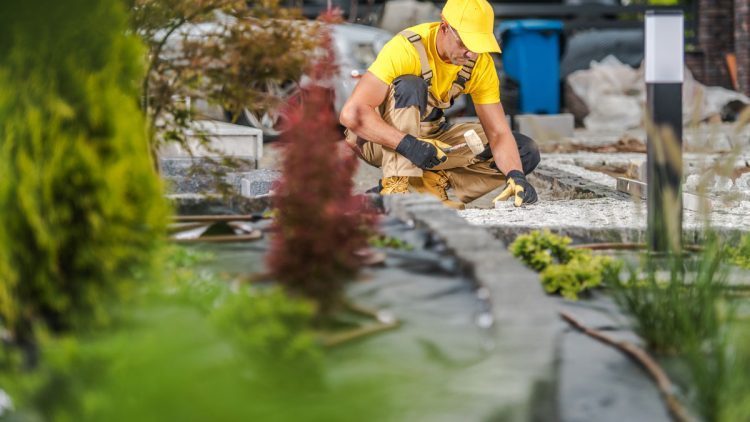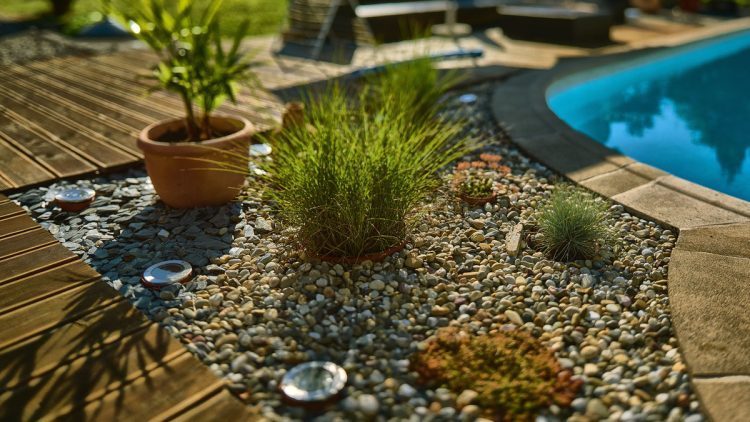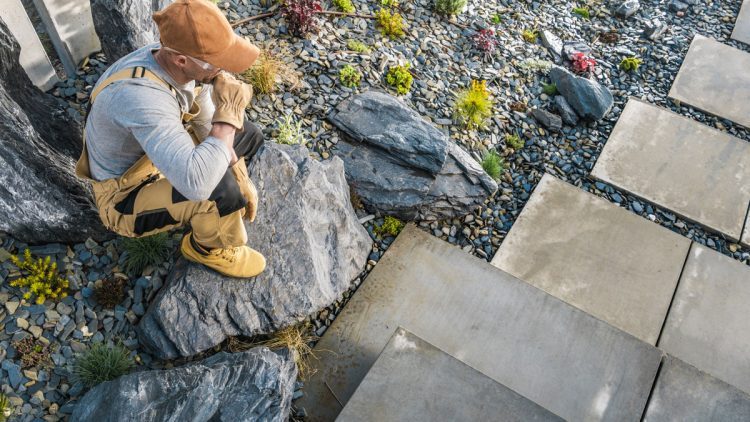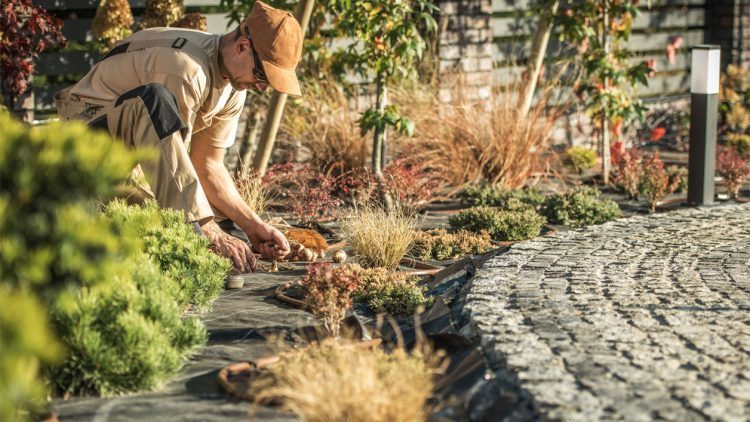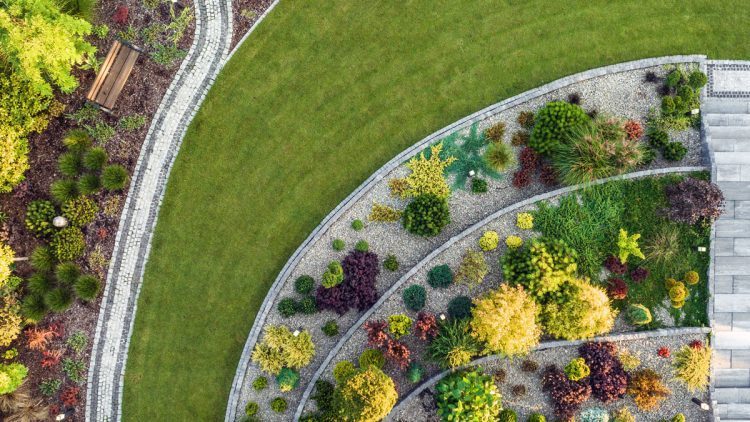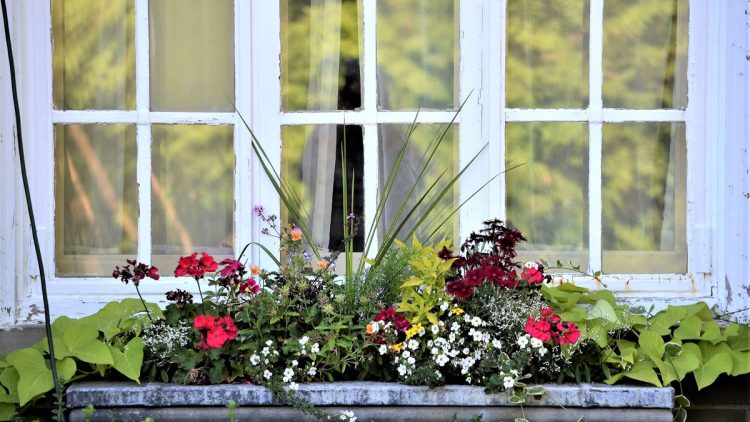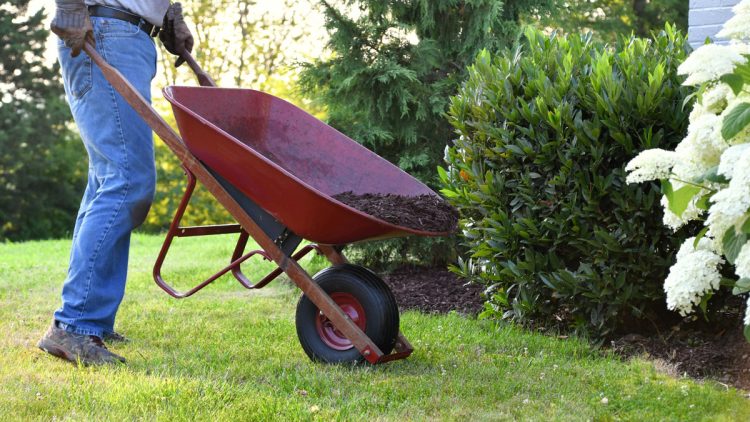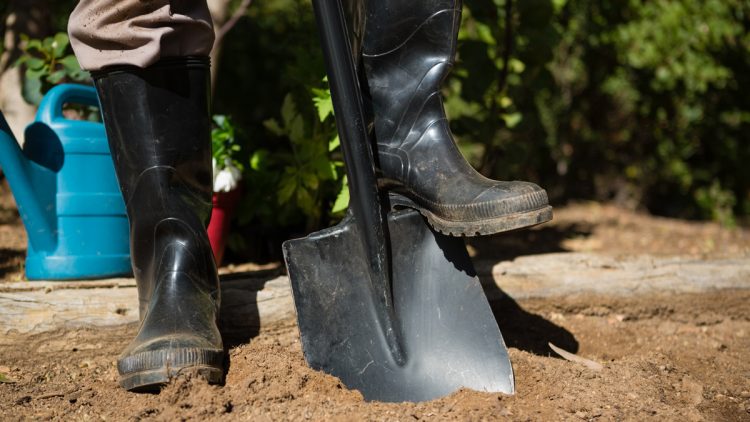Does Mulch Attract Insects?
It’s essential to note that there are 2 kinds of mulch: organic and inorganic. Organic mulch comprises grass clippings, compost, shredded leaves, green waste, or wood that has been ground, chipped, or shredded. Organic mulch improves soil conditions as they decompose and are often replenished yearly.
Inorganic mulch could comprise pebbles, gravel, or stone, in addition to artificial materials such as plastics, shredded tires, or other plant less materials. This kind of mulch doesn’t improve the organic matter in soil and is typically separated from the soil layer using landscaping fabric or plastic. These kinds of mulch usually last longer than the organic types listed above.
Does Mulch Attract Insects?
Mulch can be enticing for spiders, millipedes, sowbugs, centipedes, earwigs, ants, cockroaches and even termites crawling around in mulch beds. A lot of insects search for the environments that mulch naturally offers These pests can be advantageous to break down organic mulch and can possibly eat garden pests. If they are not a bother to you, it might be best to leave them alone. Nevertheless, should you wish to rid your landscaping of these insects, an extermination professional can help you devise a plan to decrease the unwanted pests at the same time protecting your plants.
There are misconceptions that mulch might transport termite colonies to homes. The possibility of termites being carried in organic mulch is very miniscule, because they would have to survive from mulching processing, bagging (when applicable), and carried to the home. And if they lived through all of that, there would still have to be sufficient surviving termites to endure reproductive degrees. If you should buy mulch in bags and are worried about any pests inside, you can leave the bag out in the sun prior to spreading the mulch. After the mulch hits one-hundred- and twenty-degrees Fahrenheit for a couple of hours, any insects inside the bags should be exterminated.
Whereas mulch is not likely to cause an infestation of termites, it can definitely worsen existing ones. Wood chips placed around the home’s foundation that already have termites produce a literal buffet for these wood-eating pests.
Man made mulches are a lot less likely to attract ground level insects, though they can produce soil setting that are enticing to below-ground level insects.
Making The Most Out of Your Mulch
To safeguard your house and soil, correct installation of mulch is essential. Organic mulch must not be laid against the house; rather keep a space of at least 6 inches between the foundation of your home and the edge of your mulch bed. If you wish, you can fill this void with pebbles, rocks or other inorganic materials for aesthetic reasons.
Try and stay away from layering mulch more than 3 inches deep. Anything more could cause the top layer of mulch to dry out and too much moisture to stay in the soil. This stops plants from getting much-required oxygen and could possibly result in rotted out roots. Dried-up mulch can be inhabited by fungi that produce water-shedding conditions throughout the mulch. Therefore, this mulch is not going to decompose, nullifying the purpose of enriching the soil using organic mulch. Rather, after laying down organic mulch, damp it with a hose to stave these fungi off.
As previously mentioned, organic mulches break down and are required to be replaced. When mulch is not breaking down correctly, you might have to “turn” it by raking through your mulch beds or with the addition of nitrogen for encouraging soil microorganisms to do their fertilizing duty. You might need to remove old mulch prior to adding a new layer if your mulch has not decomposed as much as it should.
Landscaping Materials Phoenix by A&A Materials, Inc.
A & A Materials, Inc., located in Scottsdale, Arizona, offers Landscaping Materials for your landscaping needs. Call us at 480-990-0557 for more information.

